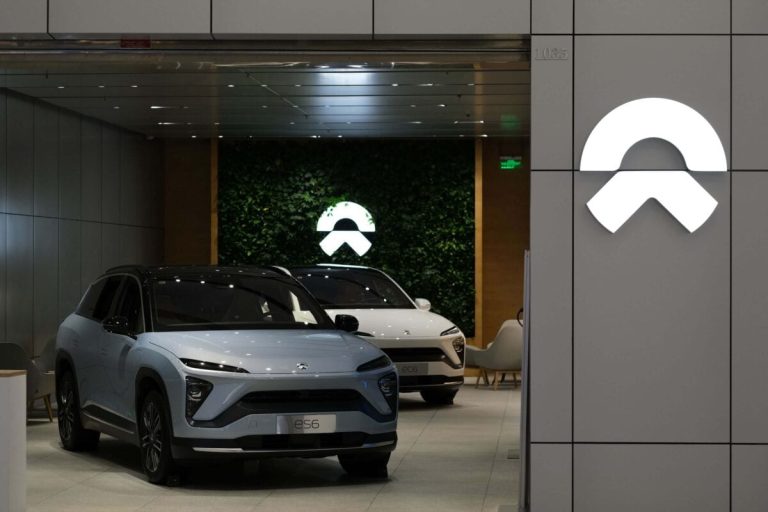
The Future of Education: What 2025 Holds
Introduction to the Future of Education
The Future of Education: What 2025 Holds. The world of education is on the cusp of a revolution, with technological advancements, changing learner needs, and shifting societal values. As we approach 2025, it’s essential to explore the trends, innovations, and challenges that will shape the future of learning. In this article, we’ll delve into the key aspects of education in 2025, from personalized learning to virtual reality, and examine what this means for students, teachers, and institutions.
Personalized Learning: The New Norm
Personalized learning is no longer a buzzword; it’s becoming the new standard in education. With the help of AI, machine learning, and data analytics, educational institutions can now offer tailored learning experiences that cater to individual students’ needs, abilities, and learning styles. This approach has been shown to improve student outcomes, increase engagement, and enhance overall satisfaction.
VIRTUAL AND AUGMENTED REALITY: REVOLUTIONIZING THE CLASSROOM
Virtual and augmented reality technologies are transforming the way we learn. These immersive tools enable students to explore complex concepts, interact with virtual objects, and engage in simulated environments that mimic real-world scenarios. By providing a more engaging and interactive learning experience, VR and AR are set to revolutionize the classroom and make education more effective and enjoyable.
ARTIFICIAL INTELLIGENCE: ENHANCING EDUCATION WITH AI
Artificial intelligence is being increasingly used in education to enhance the learning experience. AI-powered tools can help with tasks such as grading, feedback, and assessment, freeing up teachers to focus on more critical aspects of education. Additionally, AI-driven adaptive learning systems can adjust the difficulty level of course materials based on individual students’ performance, ensuring that everyone stays challenged and engaged.
Competency-Based Education: A New Paradigm
Competency-based education is a paradigm shift from traditional time-based learning. This approach focuses on students’ demonstration of skills and knowledge rather than the amount of time spent in the classroom. By emphasizing mastery over seat time, competency-based education enables students to progress at their own pace, accelerating their learning journey and preparing them for success in an ever-changing world.
Global Connectivity: Breaking Down Barriers
The internet and social media have made it possible for people from all over the world to connect, share ideas, and learn from each other. Global connectivity is breaking down cultural, geographical, and socio-economic barriers, providing unprecedented opportunities for collaboration, exchange, and mutual understanding. As we move towards 2025, it’s essential to harness the power of global connectivity to foster a more inclusive, equitable, and peaceful world.
Conclusion: Embracing the Future of Education
In conclusion, the future of education in 2025 is full of promise and potential. As we embrace the latest technological advancements, innovative pedagogies, and shifting societal values, we must also address the challenges and complexities that come with these changes. By working together and prioritizing the needs of learners, we can create a more accessible, effective, and inspiring education system that prepares students for success in an increasingly interconnected and rapidly changing world.






